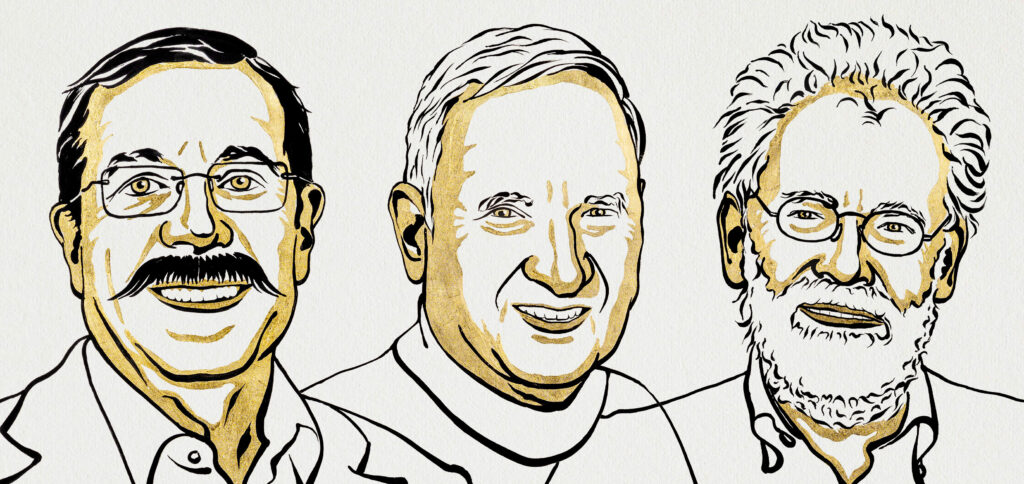Each of the winners “performed innovative experiments using quantum entangled states, in which two particles behave as a unit, even when they are separated”, highlighted the Nobel Committee. The results of the work “paved the way for new technologies based on quantum information”.
ADVERTISING
“It is increasingly clear that a new type of quantum technology is emerging,” said Anders Irback, chairman of the Nobel Committee for Physics, in a statement. Clauser, a research physicist working in California, and Aspect, a professor at Paris-Sacay University, were recognized for their advances on the work of John Stewart Bell, who in the 1960s “developed the mathematical inequality that bears his name.”
Teleportation
Zeilinger, professor of Physics at the University of Vienna, said he did not expect to be awarded the prize. “I was very surprised to get the call,” he said. The Austrian scientist was recognized for his work on “quantum teleportation, which makes it possible to move a quantum state from one particle to another at a distance”, stated the jury.
“It's not like the 'Star Trek' movies or anything like that,” Zeilinger said. “But the point is that, using entanglement, you can transfer all the information that is carried by an object to some other place where the object is reconstituted,” he explained.
ADVERTISING
The three, who will share the sum of 10 million Swedish crowns, approximately US$901 thousand dollars, will receive the award from King Carl XVI Gustaf in a ceremony in Stockholm on December 10, the anniversary of his death, which occurred in 1896, by scientist Alfred Nobel, who created the award in his will.
Last year, the Swedish Academy awarded Japanese-American Syukuro Manabe and German Klaus Hasselmann for their work on physical models of climate change, as well as Italian Giorgio Parisi for his work on the interaction of disorder and fluctuations in physical systems.
Since it was created in 1901, only four women have won the Nobel Prize in Physics: Marie Curie (1903), Maria Goeppert Mayer (1963), Donna Strickland (2018) and Andrea Ghez (2020).
ADVERTISING
(With AFP)



